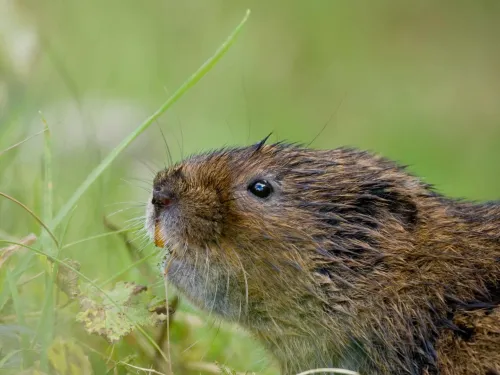
What are chalk streams?
Chalk streams are an ecologically significant freshwater habitat and are globally rare. England holds approximately 85% of the global total with the majority of those dotted around the south, including in Kent.
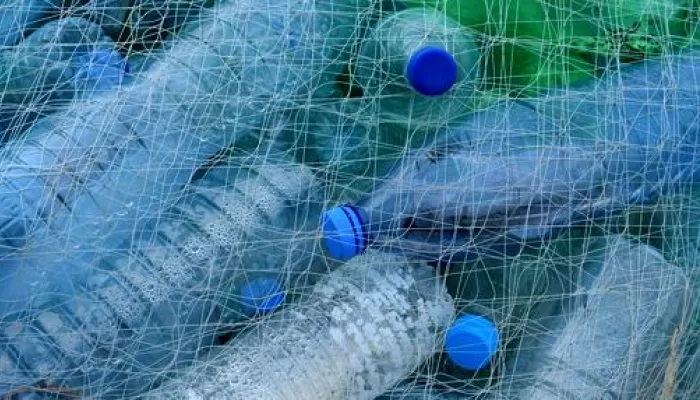
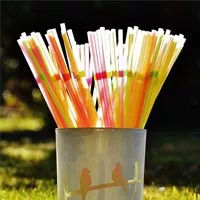
Plastic bags, straws, bottles, and take-away drinks cups (coffee and fast food) are the most common single-use items. Take-away cups and straws are unrecyclable, plastic bags require specialist collection, and plastic bottles can only be recycled into lesser quality plastic.Express yourself while shopping by bringing along some lovely cotton tote bags to put your groceries or purchases in, ask your waiter to hold the straw (or bring your own!), invest in a travel mug for your morning commute, and refill a metal or glass water bottle from the tap. If you don’t like the taste of your tap water, you could invest in a filter, and don’t worry about your tap water being unclean, often it’s cleaner than bottled water!
No, we’re not advising you skip showering completely, but shampoo and shower gel bottles can’t be refilled, and therefore count as single use. Why not try using a solid shampoo bar (I swear mine is better for my hair) and go back to an old-fashioned soap bar for your body? There are so many specialist soap makers out there you’re bound to find one that’s good for your skin type. By making this change you’ll be keeping yourself and the oceans clean at the same time!
When doing your weekly shop, think ahead and bring a container to put your meat in instead of the bag the butcher will give you. This gives you the added advantage of being able to buy the exact weight you need for your dinner. Less leftovers = less waste! You can also apply this tip to your fruit and veg by buying loose instead of pre-packaged.
Rinse plastic pollution out of your life by making sure you’re not scrubbing microscopic pieces of it down the drain every time you wash your dishes. Look for natural rubber gloves and start buying natural fibre sponges to prevent this type of plastic pollution.
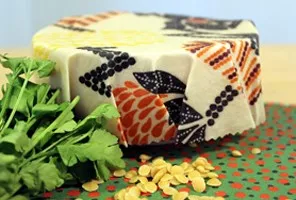
An excellent substitute for cling film, beeswax wraps are made from natural cotton and beeswax (and a few other natural products) and therefore completely biodegradable. They can be used to cover left-over food, as sandwich boxes, or anything else you might have wrapped in plastic before. If you’re feeling adventurous, there’s even plenty of tutorials online showing how to make your own.
This list is simply a starting point, have a look around and see where it would be easiest for you to cut single-use plastic out of your life. Don’t get discouraged if you forget something and mess up, plastic free is a journey and every little helps. Plastic pollution has the ability to destroy life in our oceans, but together we can turn the tide and change the future of our planet.
Kent Wildlife Trust’s new partnership project Guardians of the Deep was designed with the long-term stewardship of our oceans in mind. It is setting up a network of Coastal Guardians all around the Kent coast. These volunteers will help protect the ocean by reporting wildlife sightings, keeping an eye out for pollution, and participating in (or organising) beach cleans. If you’d like to find out more visit their website or follow them on Facebook.

Chalk streams are an ecologically significant freshwater habitat and are globally rare. England holds approximately 85% of the global total with the majority of those dotted around the south, including in Kent.
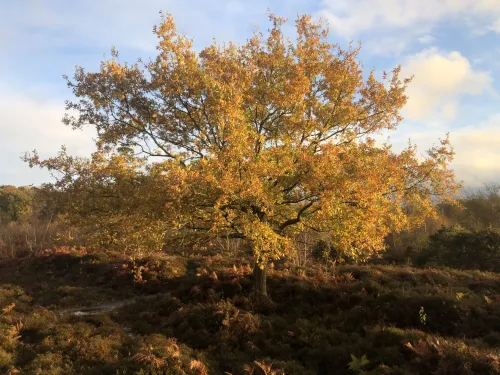
Asked to picture an ancient woodland, our minds conjure thickets of gnarled, towering trees where you could easily slip off the path and find yourself amongst the fellowship on the way to Mordor or perhaps come face to face with a witch. The truth is,…
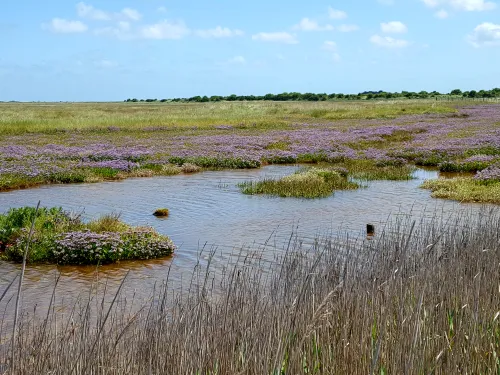
Teacher, campaigner, and member Kerry Sabin-Dawson talks all about her membership journey in this blog.